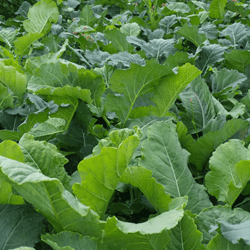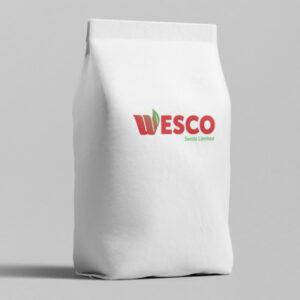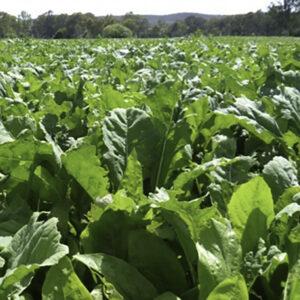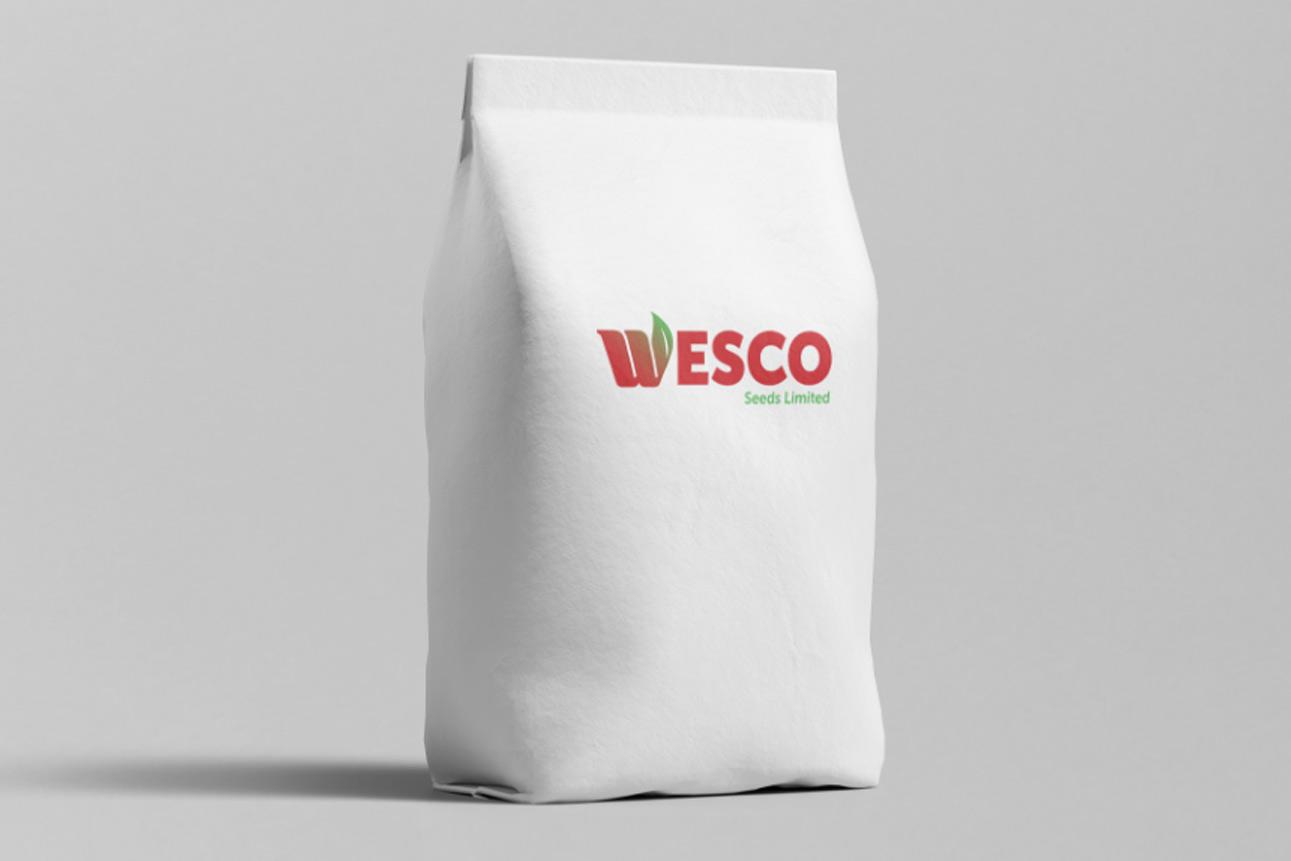Peas
Peas (legumes) are valuable feed forage and restorative crops.
They grow in a range of soil types although, sensitive to compaction, water logging and pH levels.
$3.45 – $5.05 excluded GST
Description
Peas are nitrogen-fixing legumes that act as valuable restorative crops in a crop rotation as well as being a good quality stock feed. The forage grain grows to medium size, is tan/brown or green coloured, and has a yellow or green cotyledon. They can be sown as a specialty forage or silage crop and are generally rotated in conjunction with cereals.
Peas adapt to a range of soil types, although they prefer a good silt loam. A key consideration when sowing Peas is that they are more sensitive to soil compaction and impeded drainage than other crops and require relatively free-draining soil. Peas can be grown at any point in a crop rotation, but they are susceptible to soil-borne diseases and it is not advisable to re-plant peas more than once in five years in the same paddock. Consider using a seed treatment to provide early protection and aid establishment.
Peas can be planted in spring as early as the seedbed can be prepared, however yields can be impacted by frosts from flowering onwards. Irrigation offers more flexibility in sowing timeframes and crop yield, as moisture stress is best avoided across all growth stages. Peas are poor competitors with weeds. To avoid reductions in yield and crop quality, we recommend seeking herbicide advice. When selecting paddocks for planting, Pea’s pH is important; levels should be greater than 6.0. Completing a soil test prior to sowing will determine if a corrective lime application is required.
Arable farm crop rotations Peas are used as a restorative crop when spring sown. They are good to follow a winter green feed after a cereal or as a second break crop after grass seed production. As a rule of thumb, Peas can be used as a break crop before sowing winter wheat.
Additional information
| Weight | N/A |
|---|---|
| Treatment | DYNASTRIKE, GOLDSTRIKE, UNTREATED |
| Peas | 100% |
Cultivation
Peas typically take around 90-120 days to reach maturity.
Sowing Rate
Recommended sowing rate of 40-60 kg per hectare in spring from late September to early October. Depending on the climate they can be planted as early as May.
Seedbed preparation
Soil compaction significantly restricts root growth and good soil aggregation to maintain adequate water, air and nutrient infiltration is also important. Care should be taken to avoid compaction from traffic during the establishment and harvesting of Peas and other crops, particularly if soils are wet. Peas are pH sensitive it is advisable to rectify low pH levels easily with lime applications. Soils with large aggregates in the surface layer (0 – 10cm) tend to have poor structure restricting root growth and development. In these situations, we recommend undertaking cultivation to create a finer tilth. Where the compaction is below the depth of cultivation such as a pan, subsoiling or ripping can improve root penetration and drainage.
Long-term practises avoiding compaction
As peas are sensitive to compaction, consideration of wheel trafficking at sowing, especially under wet conditions if early sown or on heavy soils is required. Practices should be also undertaken to avoid uncontrolled trafficking during Pea harvest which can also lead to soil compaction.
Price Table
| Treatment | 500 kg + | 100 – 500kg | 10 – 100kg |
|---|---|---|---|
| Untreated | $2.15 | $2.45 | $2.95 |
| Dynastrike | $2.75 | $3.05 | $3.50 |
| Goldstrike | $3.75 | $4.05 | $4.55 |
All prices are excluded GST. Minimum order 10kg.
Related products
-

Coleor
$22.50 – $28.50 excluded GST This product has multiple variants. The options may be chosen on the product page -

Rahu Ryecorn
$3.10 – $4.70 excluded GST This product has multiple variants. The options may be chosen on the product page -

Winifred
$14.50 – $20.50 excluded GST This product has multiple variants. The options may be chosen on the product page
